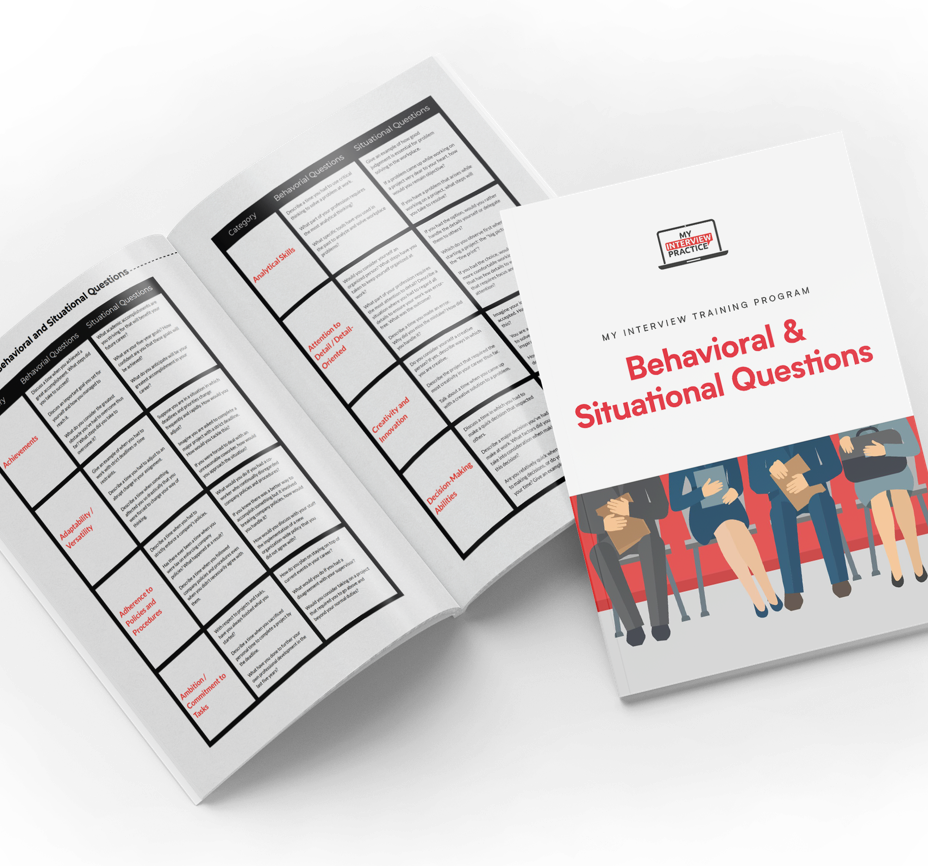How to Help Your Student Nail Their Job Interview

Educators are considered one of the biggest (if not the biggest) investors in a student’s early career, and that role tends to extend beyond the classroom and into the workforce.
But how do you help prepare former and current students for this critical transition into a career? How do you help them land a solid role with a reputable company? How do you make sure they’re not part of the 53% of recent college graduates who are unemployed or the 43% that are underemployed (WSJ)?
You start by helping them nail a critical component of the job application process — the interview. Contrary to popular belief, interview skills aren’t merely “inherent.” They are developed. The interview isn’t just about intuition — it’s also about preparation. There are all sorts of ways to help your student develop these critical soft skills, but we’ve found the three methods outlined below work best when it comes to leading students toward a victorious interview.
Here’s Why the Interview Matters
First, why focus on the interview? What about the resume, job application, cover letters, and negotiations? Don’t these all play a crucial role in whether a student will land the job or be turned away?
Of course, all of those things matter in the application process, but the interview is really where human connection and actual conversations start to happen. The interview process is where skills and qualifications meet body language and confidence, linking a tangible, personal experience with a sheet of paper.
For your student to separate themselves from the pack of other applicants, they need to WOW the interviewer and make a good, lasting impression! So, how exactly do they do that? And how can you as an educator help them develop expert interviewing skills? We have three ways described below.
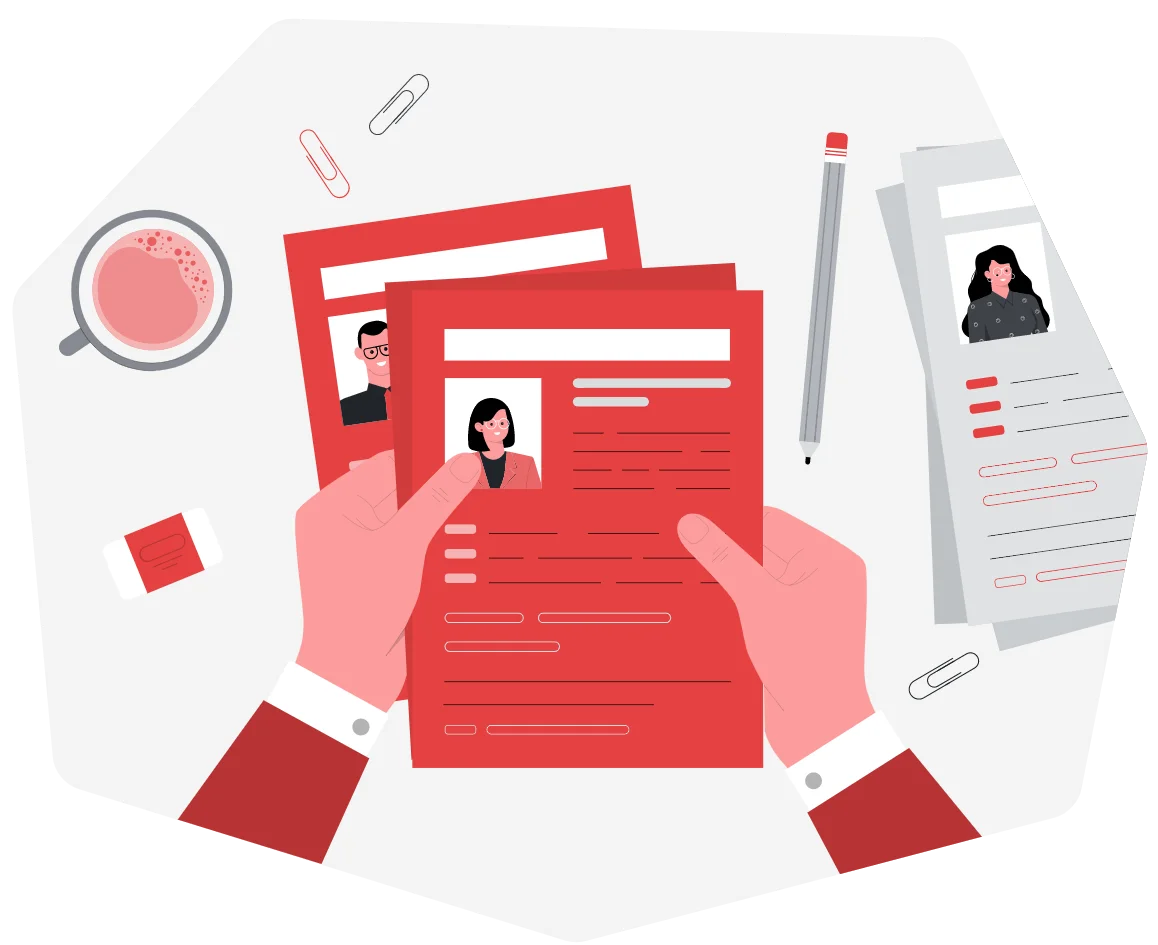
3 Ways to Help Your Student Nail the Interview
1. Have Them Write Down Their Goals
The first step is to help your students clearly identify what they want to achieve in terms of their careers and personal goals. According to Inc., you’re 42% more likely to achieve your goals when you write them down. Having your student write out their career goals helps them intentionally think about where they are and where they want to go, and ultimately, it will cause them to strategize about how to actually get to their destination. This will also give you the opportunity to help them get specific in what they want to accomplish and hold them accountable as they pursue different career avenues.
For example, let’s say you discover a student is passionate about understanding the ins and outs of starting a nonprofit with the ultimate dream to one day open up their own organization that helps with literacy in their local community. As they start applying for jobs, you can help reroute them back to this goal they’ve written down so they avoid industries and businesses that won’t serve as stepping stones toward their dream career. Understanding their goals enables you to help your student begin their job search with the right mindset — one with career goals at the forefront of their pursuit rather than enticing benefits or snazzy perks.
Writing down goals will help your student be able to clearly communicate their passions and desires to the hiring manager during an interview. When your student is confident about the direction they’re headed, it will translate well in the interview. They’ll be seen as a forward-thinker, a strategic planner, and a passionate worker. More than just a job, this is an opportunity to live out their purpose, and that’s a tremendously attractive asset to any company. In addition, it will likely create an atmosphere of excitement and energy during the interview rather than boredom, and that is a great way to impress the employer. Make sure these goals are specific and trackable. Once they’ve written down their goals, it’s time to practice.
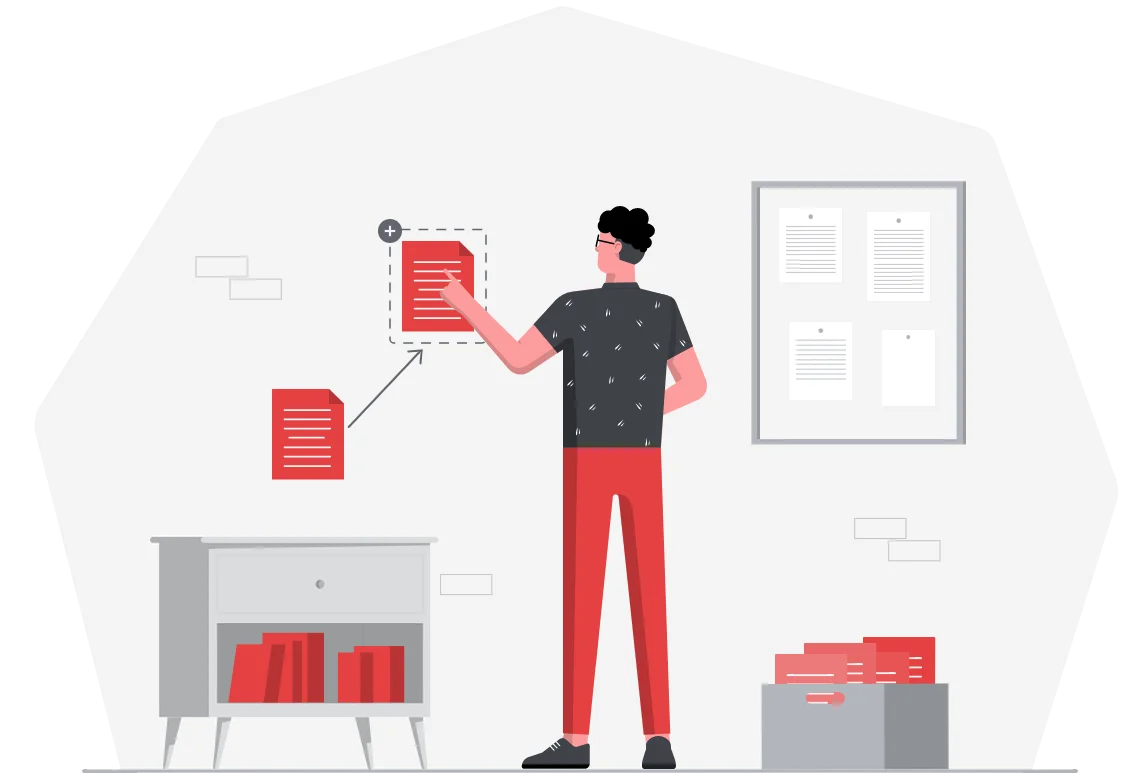
2. Practice, Practice, Practice (With Mock Interviews)
Practicing is one of the most critical components of nailing an interview. To develop their interview skills, your student needs to be prepared to talk about themselves. They need to plan what stories to share and what important skills or qualifications should be highlighted. Just “winging it” fails to help them enter the interview arena with a clear strategy for answering difficult questions. You want your student to spend their time in the interview establishing a connection with the interviewer, not desperately trying to come up with a sufficient answer to each question. Being well-prepared for an interview also means reducing stress and anxiety levels beforehand, both of which can squelch confidence and inhibit eye contact from the get-go.
There are a few ways to help your student practice. Here are a few examples along with some pros and cons to weigh as you help your student develop their interview skills:
Give Them a List of Questions
First, you can hand them a list of the most common interview questions that they can practice at home before an interview (or even before a mock interview). Here are three common interview questions:
1. So, tell me about yourself.
2. What are your biggest strengths and weaknesses?
3. Why should we hire you?
Pros
By giving your student a list of questions, they have ample time to prepare a strong, thoughtful answer. This gives them time to ponder each question and respond to them accordingly which provides the flexibility to write out their thoughts, speak them out loud, or even ask friends and family what they think about some of these personal questions (Example: skill sets that are unique to your student, past experiences that highlight some of their strengths, etc.).
Cons
While this does give them all sorts of common questions they’ll likely face at some point, this method doesn’t fully prepare them for what an actual interview will feel like. They won’t get a list of questions they’ll be asked before the interview. They won’t have any feedback on their answers, their body language, or their capabilities in the art of active listening and conversing. Without pairing this with a mock interview, this method isn’t a fully accurate measure of how they’d do in a real interview.
One-On-One Interviews
Having a one-on-one practice interview is a great way to practice some of the unknowns that come with interviewing. It involves a natural conversation, one where your student is kept on their toes by not knowing what question will be asked next.
Pros
A one-on-one interview is helpful in that it incorporates the conversational aspect of the interview process. Your student can receive feedback on body language, confidence, storytelling, etc.
Cons
A one-on-one interview can get incredibly time-consuming, especially if you have several students who need your help. Also, if the student knows you or the mock interviewer (say, a family member or roommate), it could alter what the interview environment feels like — less professional, for example — and how they approach answering each question. Plus, friends and family may not know specific industry questions to ask.
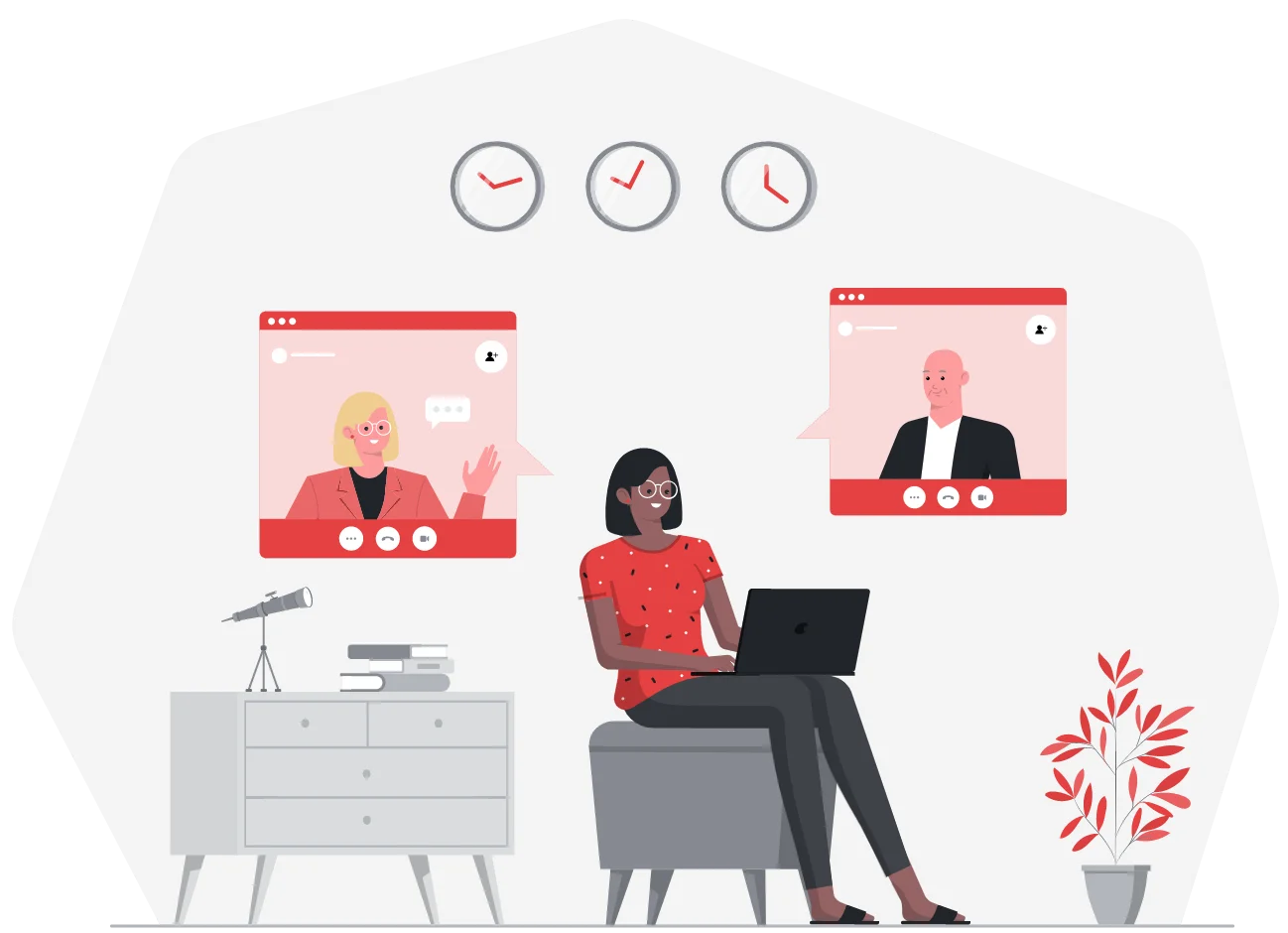
Try an Interviewing Tool Like MyInterviewPractice
MyInterviewPractice is a great tool for those who don’t have the time to conduct one-on-one practice interviews with every student. This is a resource that’ll let your student practice a full-length interview from anywhere.
Pros
Our tool allows students to practice full length interviews with the click of a button. Our interview simulation software provides curated questions specific to their profession while the webcam records their responses. This allows users to not only practice for the interview but also practice for the pressure. Students can then share recordings with your staff to receive targeted feedback on how they did.
We are continuously updating our database of over 7,000 questions so your students have the latest and most relevant questions in each industry. The algorithm knows which order to ask the questions, and over time, it keeps improving the questions being asked. You can even create custom interviews and assign them to your students.
Cons
With MyInterviewPractice, your student will not have an actual person interviewing them.
3. Teach Them How to Research
The final tip to help your student develop their interviewing skills is to teach them to research before an interview. First, have them research the company. Who are they? Who are their competitors? Do the company’s goals and your student’s goals align? Is your student really interested in this company? Having a solid understanding of the company will help them establish specific connections with the business during the interview process. It will help curate a more thoughtful approach to answering why they’re interested in that particular company or industry. My Interview Practice has a research guide for students to utilize as they explore different companies.
Next, have them research the job requirements. What are the qualifications? Is your student up for the challenge? What past experiences would help your student with this role today? Where does their resume and the job description overlap? This will help your student find a way to tailor their answers to what the company is really looking for and explain how their skill sets and past experiences make them the dream applicant.
A Path to Success
There you have it — three ways to help your student develop their interview skills and land their dream job. Get specific with goal setting. Practice the interview process through more than just a list of questions. Try out a tool like MyInterviewPractice that offers an array of interview resources to prepare your student while saving you time. And lastly, have them do a little research before the interview so they don’t just talk about themselves but also about the company they’re applying for as well. With these three things, your student will be on a path to job success — even in the midst of a pandemic!
Looking for a step-by-step laid out interview preparation curriculum for your students? Look at our Training Program here.
The key to nailing your interview – practice, practice, practice.
As with anything, practice makes perfect. The most common ways to practice are with in-person mock interviews or a list of questions. While these options are a great place to start, they can leave a lot to be desired.
Practicing with In-Person Mock Interviews and Question Lists
One way to get valuable interview practice is to set up in-person mock interviews. Unfortunately, they can be somewhat inconvenient. You have to find someone to conduct the mock interview, and schedule a meeting every time you want to practice.
Question lists offer a much more convenient way to practice interviewing. Unfortunately, they do little to recreate actual interview pressure. In a real interview you’ll never know what’s going to be asked and this is exactly what can make interviews so stressful.
Interview Simulators – The best of both worlds.
With interview simulators, you can take realistic mock interviews on your own, from anywhere.
My Interview Practice offers a simulator that generates unique questions each time you practice, so you’ll never see what’s coming. There are questions for over 120 job titles, and each question is curated by actual industry professionals. You can take as many interviews as you need to, in order to build confidence.
| List of Questions |
In-Person Mock Interview |
My Interview Practice Simulator |
|
|---|---|---|---|
| Questions Unknown Like Real Interviews | |||
| Curated Questions Chosen Just for You | |||
| No Research Required | |||
| Share Your Practice Interview | |||
| Do It Yourself | |||
| Go At Your Own Pace | |||
| Approachable |
Our interview simulator uses video to record your responses, and recreates the pressure you would feel in a real interview. This also allows your to see how you perform and perfect your responses. You can then share your responses with colleagues and mentors so that you can get valuable feedback.
The better way to practice interviewing.
Simulate realistic interviews for over 120 job different titles, with curated questions from real employers.
Learn More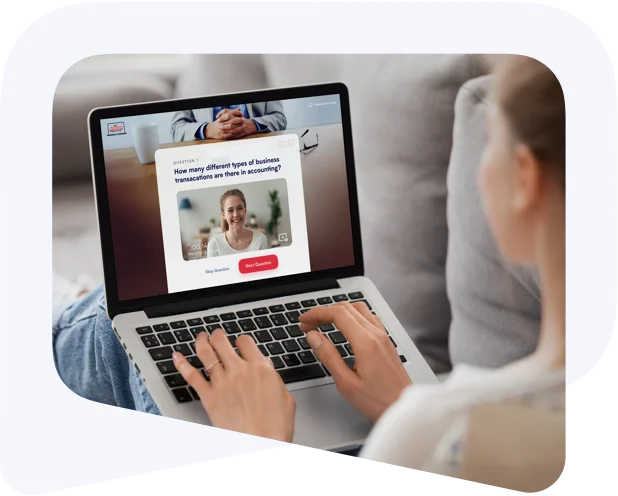
Get the free training guide.
See the most common questions in every category assessed by employers and be ready for anything.
Get the Guide

